Commons Sense 05 – after ITV’s Quiz, what is next for Charles & Diana Ingram?
In 2001 Major Charles Ingram, a contestant on ‘Who Wants to be a Millionaire?’, was said to have cheated his way to the top prize of £1m by relying on coughs from an accomplice in the audience indicating the correct answers. This alleged accomplice was Tecwen Whittock. Charles’ wife Diana, sitting in the audience, was supposedly also in on the ruse. The trio were convicted at Southwark Crown Court in 2003.
For the last 17 years, Charles and Diana have steadfastly maintained their innocence. Rhona Friedman of Commons is representing the couple in their upcoming appeal (read more here – you can also watch a dramatized version of events in ITV’s Quiz). Here we explain what the legal process looks like for the Ingrams.
What crime were the Ingram’s supposed to have committed?
Many people do not realise that cheating on a gameshow can be a criminal offence. The specific crime that Charles, Diana and Tecwen were convicted of is “procuring the execution of a valuable security by deception”.
A valuable security can be a document which transfers one person’s right in property to another – e.g. a cheque for a million pounds.
A cheque is executed when the property owner – say, the show’s host Chris Tarrant – signs it. Charles and the others are said to have “procured” the signing of the cheque because it was alleged that they did something which caused Chris to sign it, like giving 15 correct answers.
Finally, they were said to have achieved all of this by deception – in this case, it was the apparent cheating which was the false representation. If, whilst slowly working his way through the answers, talking Chris through his thought process, Charles was really just buying time whilst waiting for Tecwen to cough to indicate a correct answer, then he was falsely representing to the host that he was playing by the game’s rules.
How can the Ingram’s get their conviction overturned?
Charles and Diana were convicted by a jury sitting in the Crown Court. That means only the Court of Appeal can overturn their conviction. In 2004 Charles unsuccessfully tried to appeal. Diana has so far not applied for permission to appeal and so we are preparing Grounds of Appeal for her alone at present. This will be based on advances in scientific evidence which were not available in 2003, the year of the original trial.
Diana needs to apply to the Court of Appeal for permission to appeal. This is a written application, in which the defendant (now called the appellant) attempts to convince a single Court of Appeal judge that it is “reasonably arguable” that their appeal could succeed.
If the single judge gives permission then at a later date the defendant’s arguments are heard, in person, before the full court of three Appeal judges These judges decide whether the conviction should be overturned or not.
If the single judge does not think that the written application has revealed any reasonable chance of success, the appellant can still present their case to the full court, by “renewing” their application for permission. Not everyone does this, however: partly because legal aid (public funding for lawyers) won’t automatically be granted, and partly because if the appellant is in prison it can sometimes result in extra prison time if the Court of Appeal think an application with no merit has been continued.
An appellant only gets one shot at going directly to the Court of Appeal. If Charles wanted to appeal again he would need to go through a separate legal process, via the Criminal Cases Review Commission. However,
Because of the interconnected nature of the evidence in this case if Diana gets leave to appeal the Court should then go on to reconsider the safety of the conviction of Charles and Tecwen Whittock at the same time.
Sign up here to receive further updates on the Ingrams’ case: ingramsappeal.org
